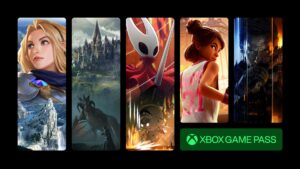This Holiday, Xbox, The Coalition, Double Fine, Ninja Theory and More Support Mental Wellness
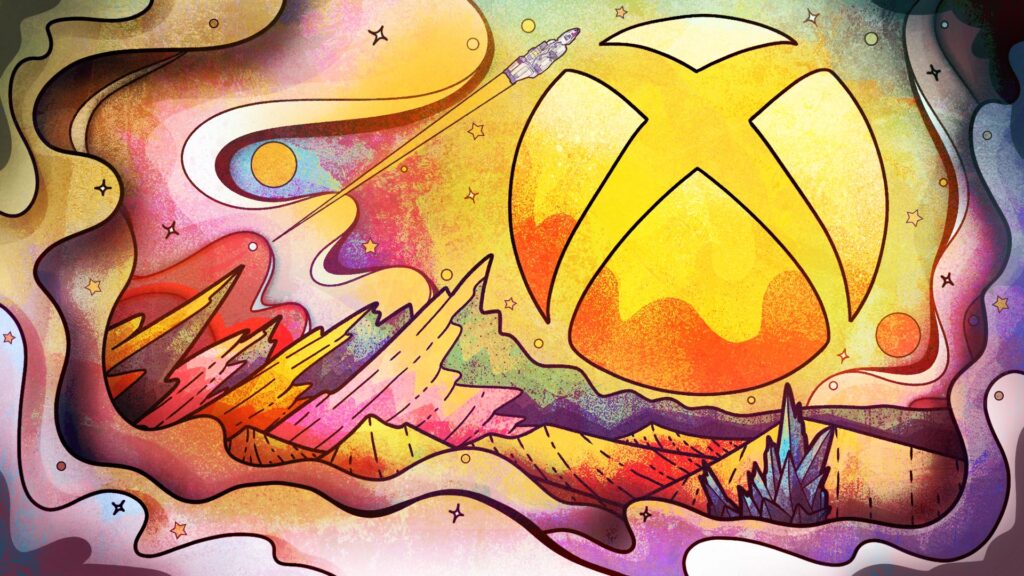
- Xbox Game Studios partners with Take This to help increase awareness of mental health stereotypes in gaming.
- Explore relaxing games on Xbox Game Pass.
- Artist Steve Wade shares his Starfield-inspired logo redesign in support of Mental Wellness
For some, the holidays can be a time of heightened stress and an increased need for self-care. Video games have emerged as a unique and effective sanctuary, offering players an escape from daily pressures through creative play and rewarding challenges. Beyond distraction, gaming provides a space where players can rewrite their narratives, finding accomplishment, control, and relaxation that may be elusive in daily life.
This connection between gaming and well-being is increasingly supported by research. A recent study conducted by the University of Oxford in collaboration with PowerWash Simulator revealed that 72% of players reported improved moods after gaming sessions. Over 67,000 gaming sessions across 39 countries demonstrated a consistent boost in well-being within the first 15 minutes of play. These findings suggest that short-term gameplay can be a meaningful tool for positively impacting mood, reinforcing the idea that video games are more than entertainment—they’re a potential resource for mental health support.
As self-care becomes a more inclusive and accepted topic across social media platforms, workplaces, and schools, video games are emerging as a bridge that connects people across diverse backgrounds. When designed with intention, some games can foster positive emotional experiences and even inspire therapeutic outcomes. At Xbox, we embrace the power of play, not only as creators but as players ourselves.
We celebrate the triumphs of individuals who press forward through challenges, finding joy and empowerment in their gaming experiences. Whether exploring fantastical realms or taking a few moments to unwind with a simulation game, players create their own adventures while reshaping their emotional landscapes.
At Xbox, we are inspired by the resilience and creativity of the gaming community. Through the stories we tell and the experiences we build, we remain committed to making play a force for good—both in and out of the game.
PLAY
Psychonauts 2’s Insightful Take on Mental Wellness: Healing through Play
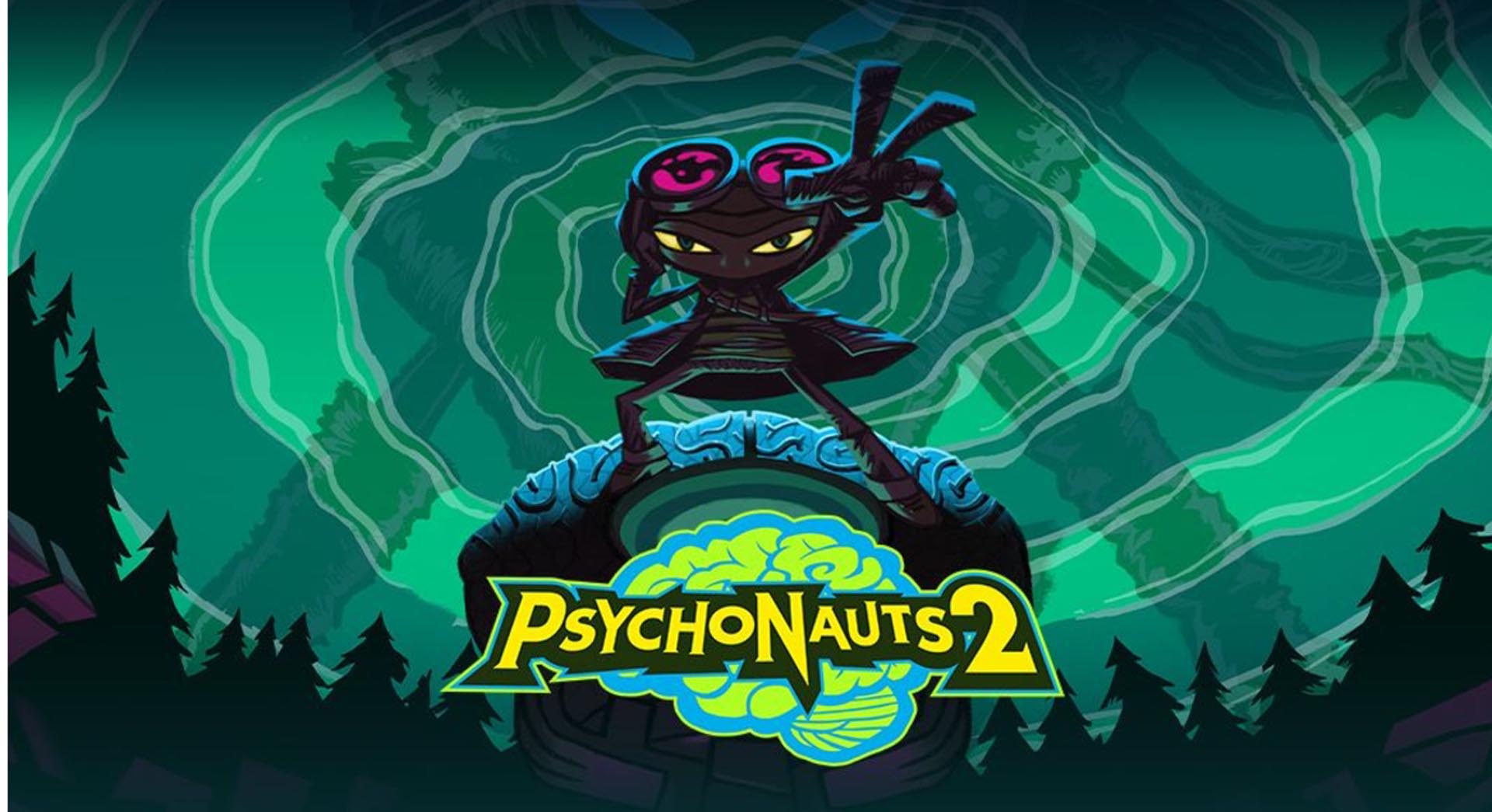
In Psychonauts, Raz uses his psychic powers to jump into people’s minds, each one a unique world reflecting their thoughts and personality. For example, a bubbly person who likes to dance might have a mind full of vivid color and music, while a more stoic person might have a mind that’s more organized and methodical.
While the game is fun and comical, it also touches on themes of mental health – sometimes through a fantastical lens, but quite often exploring characters’ inner struggles in a way that feels more realistic. This resonated with many players, and fans would often speak of finding unexpected reflections of themselves in certain characters, and how that helped them express feelings they hadn’t voiced before.
As we developed the sequel many years later, the world had changed, and with it our own awareness. We knew we needed to approach mental health more carefully, and so established guiding principles. For example: Raz always asks permission before entering minds, except in emergencies. He helps each character face their inner demons and clear up emotional baggage, but he doesn’t “fix” them—mental health challenges don’t mean a person is broken, and they certainly don’t make anyone a “villain.”
We came to see designing with mental health in mind as a form of accessibility. We want our game to be welcoming to as many people as possible, with no one feeling excluded by being the butt of a joke. We want everyone to enjoy the experience, feeling supported by characters who are complex, relatable, and, most importantly, part of a story about healing and empathy.
Never Fight Alone with Gears of War
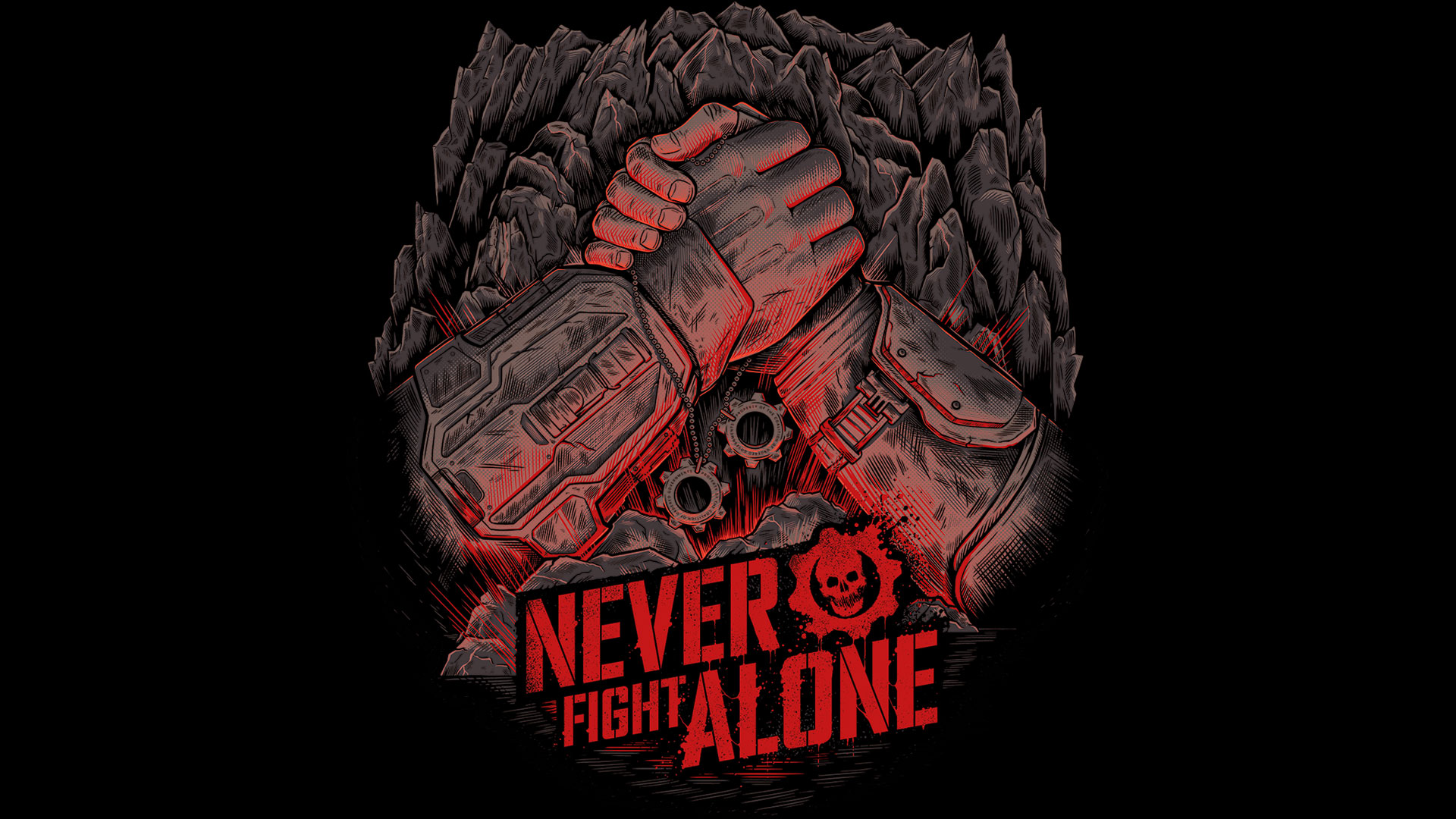
The Coalition continues to support its Never Fight Alone program, donating 1% of net revenue to support organizations working to prevent suicide and combat loneliness. Through their primary partners, Crisis Text Line, the program has already funded thousands of conversations for those in need. Fans can show their support by purchasing the 2024 artist-designed benefit tee and hoodie in the Xbox Gear Shop.
For more information, go to Gears of War | Never Fight Alone.
Senua’s Saga: Hellblade II and Ninja Theory’s Exploration of Psychosis in Storytelling
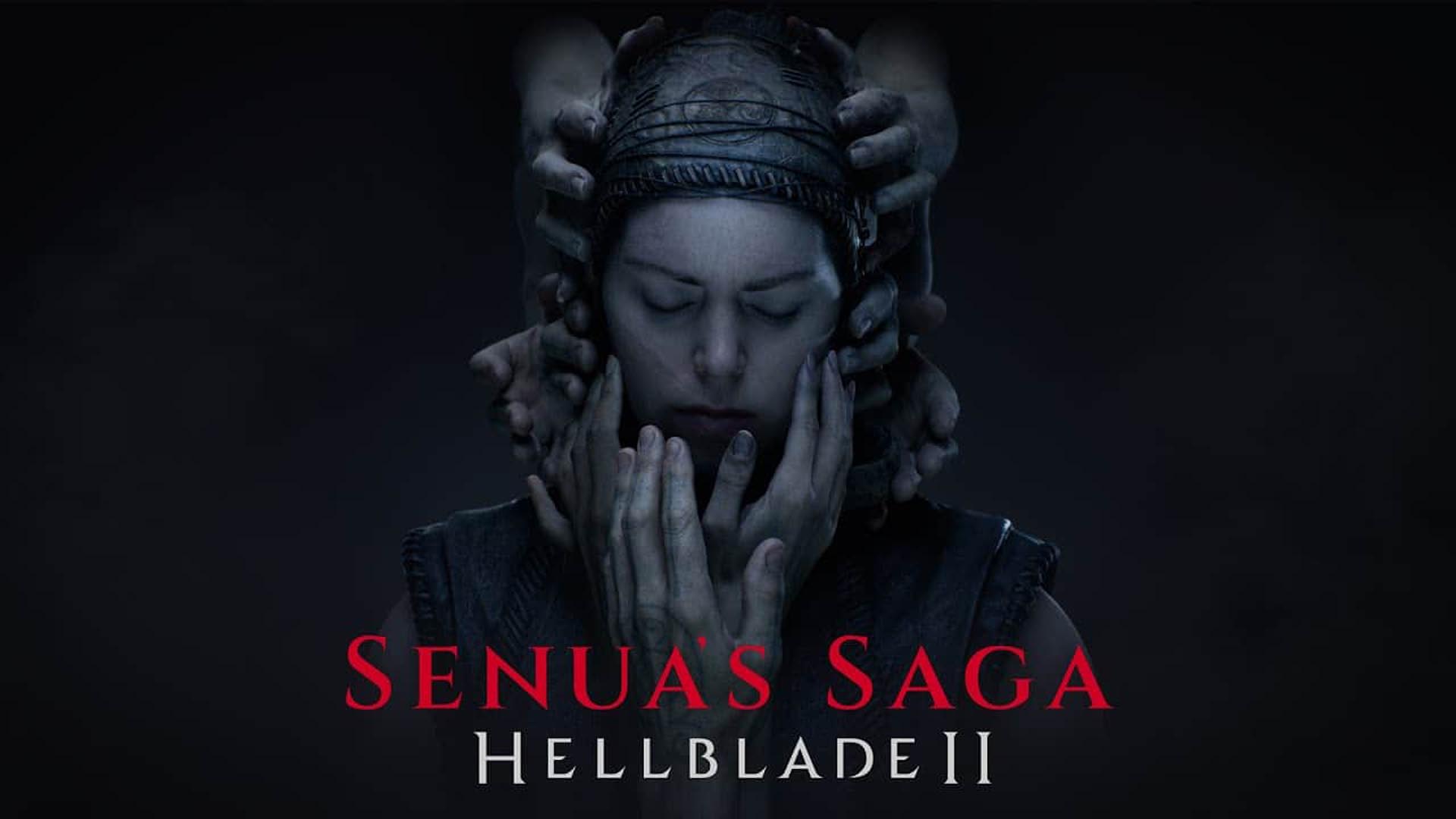
With the release of Hellblade: Senua’s Sacrifice, developer Ninja Theory told the story of a Celtic warrior who experiences psychosis. Senua’s unique perspective was brought to life with the help of Professor Paul Fletcher from the University of Cambridge and people with lived experience of psychosis. In the recently released sequel, Senua’s Saga: Hellblade II, Ninja Theory once again worked with these key collaborators to ensure Senua’s experiences were represented in a truthful way.
This collaboration also led to Hellblade: A Journey of the Mind, a live conference held in Cambridge, UK, featuring the perspectives of those who have suffered the distress and stigma of psychosis, along with those who study and treat it. The conference is available to watch on Ninja Theory’s YouTube channel and serves as a great resource to better understand psychosis.
Explore the next chapter of Senua’s story here, available now with Game Pass.
Explore Even More Xbox Games that promote Mental Wellness on the Microsoft Store
As we mentioned the connection between gaming and mental well-being isn’t just an idea—it’s backed by research and the experiences of countless players. The Microsoft Store features a variety of games that promote mental wellness, from easing sadness and anxiety to supporting cognitive growth. Xbox partnered with Child’s Play Charity, an organization dedicated to improving the lives of pediatric hospital patients through therapeutic games and technology, to identify games that have a meaningful impact.
Curated from this list are standout titles such as PowerWash Simulator, Sonic Mania, and Rime. Each of these games offers unique experiences that support players’ mental well-being, whether by fostering a sense of calm, sparking joy, or encouraging focus and exploration.
We spoke to Takashi Iizuka, Head of Sonic Team & VP of Product Development at Sega of America:
How does it feel to see Sonic Mania recognized by Child’s Play Charity as a game that helps children cope with sadness?
“I am glad that Sonic Mania is being recognized as a piece of entertainment that can provide a positive experience to children around the world who are coping with sadness, pain, or even boredom,” shared Takashi Iizuka. “The strength of the Sonic series lies in its ability to deliver a memorable experience full of colorful graphics, unforgettable music, and great adventures for people of all ages.”
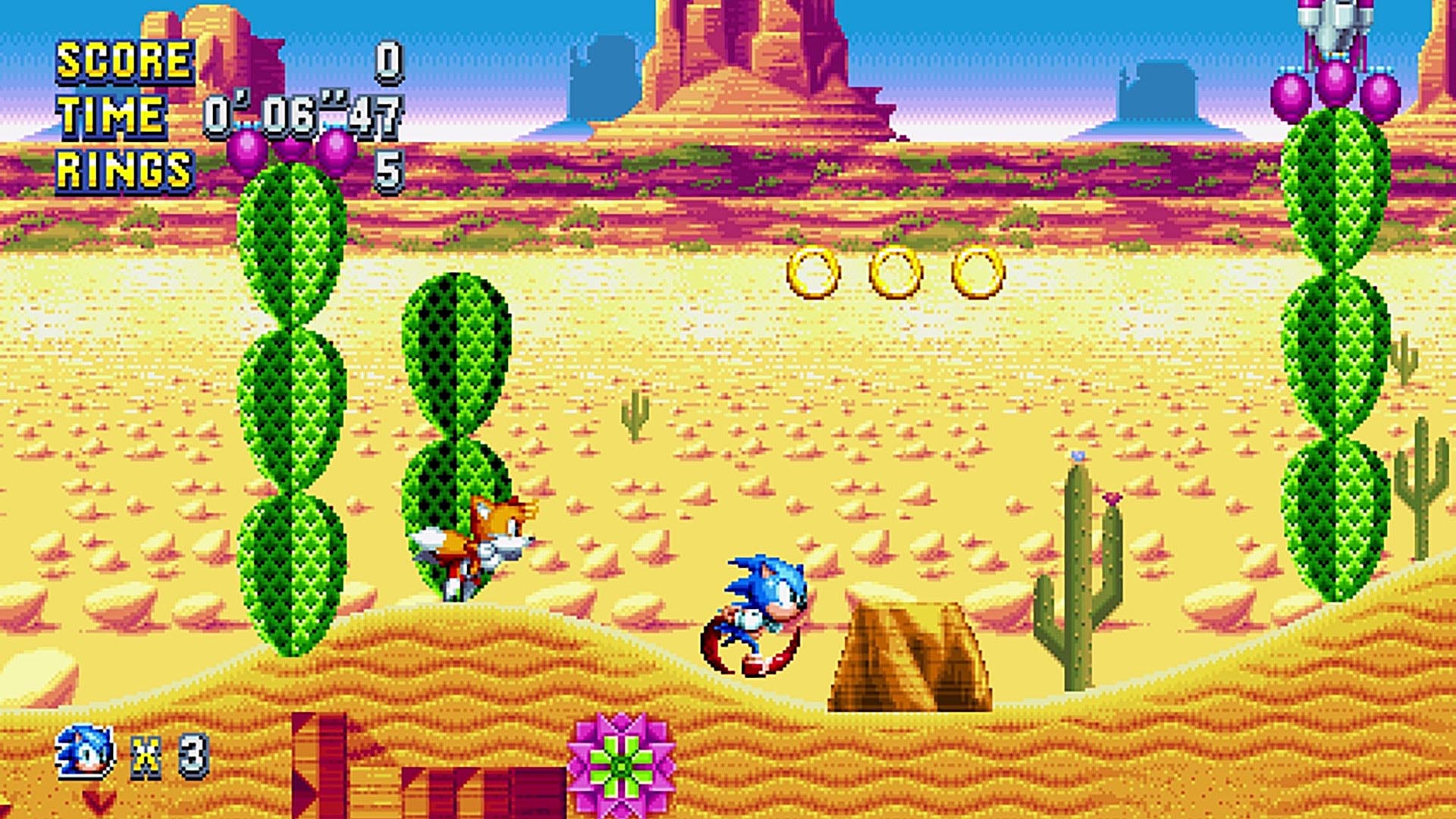
Did you know how therapeutic the game would be during its development?
“When we developed Sonic Mania, our focus was to draw on all the positive moments from those early Sega Genesis years while creating something new. Bright, vivid colors, the joy of running fast, and the freshness of exploring new worlds were key,” they explained. “We didn’t intentionally set out to create a therapeutic game, but reflecting on the joy these moments brought to us, it’s no surprise that players find comfort in them now.”
Looking forward, players can explore the Encore DLC Pack, which introduces Mighty the Armadillo and Ray the Flying Squirrel. Additionally, the Sonic franchise continues to expand with Sonic Superstars and the much-anticipated Sonic the Hedgehog 3 movie.
And if you want to see what the team at Sonic Mania studio Evening Star are up to next, Design Director Brad Flick mentioned, “Currently, we have a couple irons in the fire, but nothing that we can concretely announce yet! Earlier this year, we released Penny’s Big Breakaway on Xbox Series X|S and PC. If you loved our work on Sonic Mania, we think you will also love our first foray into the 3D platformer genre. Thank you for your support of Evening Star!”
Xbox also had the pleasure of speaking to the team at Square Enix regarding Powerwash Simulator:
How does it feel to see PowerWash Simulator recognized as helping children cope with cognitive impairment?
“It’s truly special. Knowing that our game helps children in meaningful ways bolsters our enthusiasm for continuing to improve and expand,” said the development team. “We’ve always aimed to create a relaxing and satisfying experience, and it’s wonderful to see those benefits extend to children in therapeutic contexts.”
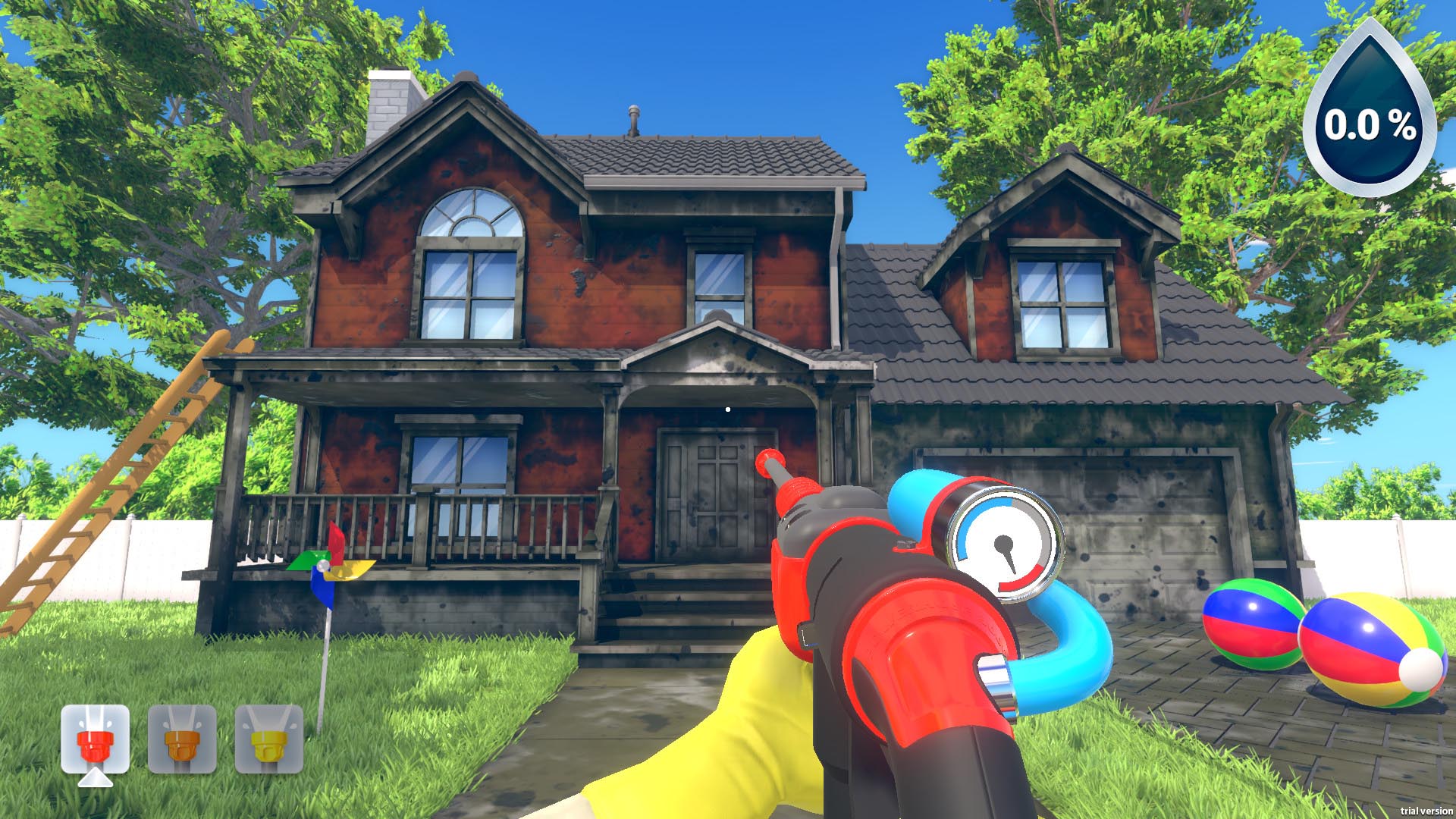
Did you anticipate the game’s therapeutic impact during development?
“Our goal was to deliver a satisfying experience, but it was a pleasant surprise to see how therapeutic the gameplay became. Watching dirt disappear and creating pristine spaces gave players a focused, calming activity. By leaning into this satisfying gameplay, we inadvertently created a therapeutic space that we’re incredibly proud of.”
While the team couldn’t share specifics, they confirmed exciting updates for PowerWash Simulator are on the way, promising more “grimey therapy” for players to enjoy.
Check out these incredible games available now, and for an online guide of more games to explore that support Mental Wellness see Child’s Play Charity’s full list.








